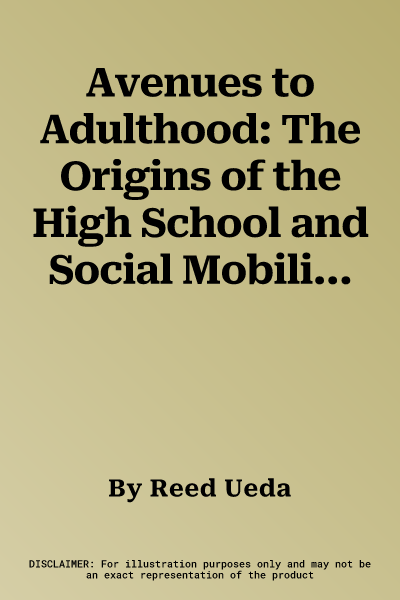Reed Ueda
(Author)Avenues to Adulthood: The Origins of the High School and Social Mobility in an American SuburbHardcover, 28 August 1987

Temporarily out of stock
Free Delivery
Cash on Delivery
15 Days
Free Returns
Secure Checkout

Part of Series
Interdisciplinary Perspectives on Modern History
Print Length
320 pages
Language
English
Publisher
Cambridge University Press
Date Published
28 Aug 1987
ISBN-10
0521327709
ISBN-13
9780521327701
Description
Product Details
Author:
Book Format:
Hardcover
Date Published:
28 August 1987
ISBN-10:
0521327709
ISBN-13:
9780521327701
Language:
English
Location:
New York
Pages:
320
Publisher:
Weight:
462.66 gm